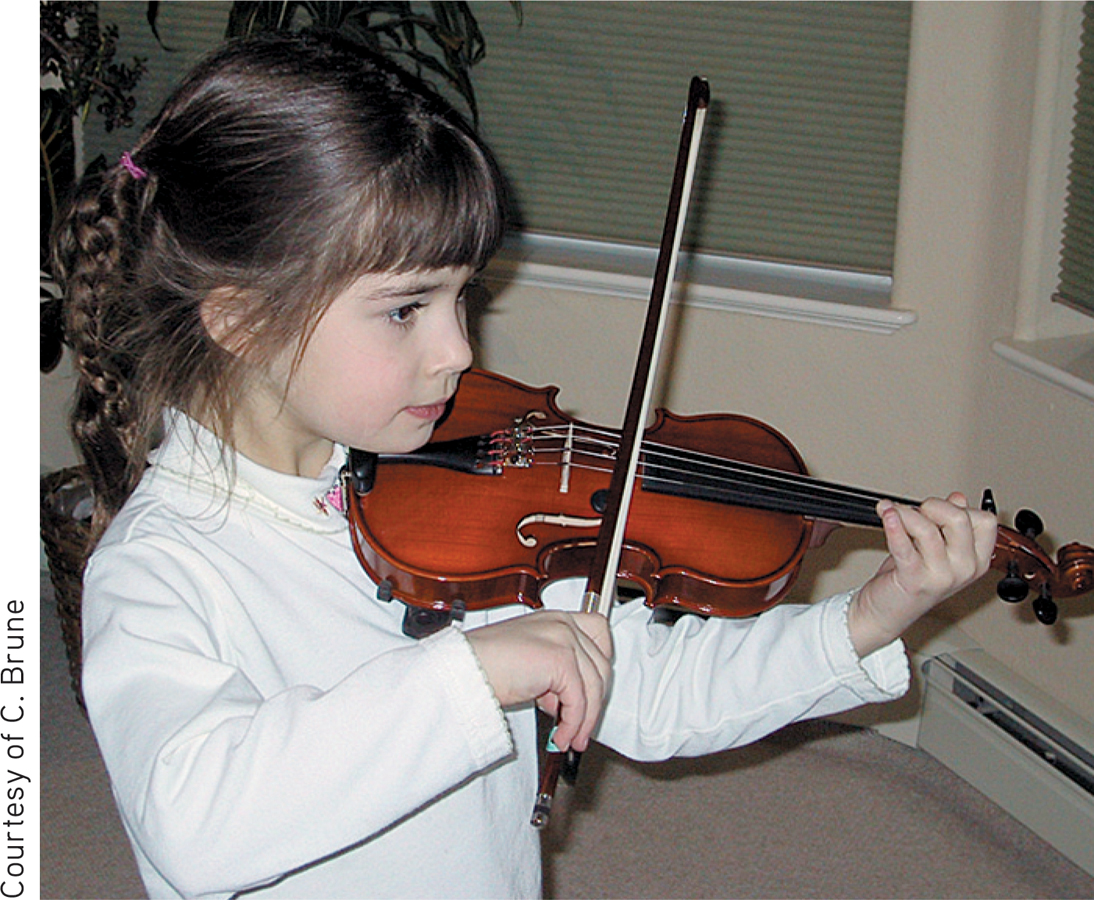Module 13 Introduction
 Culture, Gender, and Other Environmental Influences
Culture, Gender, and Other Environmental Influences
From conception onward, we are the product of a cascade of interactions between our genetic predispositions and our surrounding environments (McGue, 2010). Our genes affect how people react to and influence us. Forget nature versus nurture; think nature via nurture.
Imagine two babies, one genetically predisposed to be attractive, sociable, and easygoing, the other less so. Assume further that the first baby attracts more affectionate and stimulating care and so develops into a warmer and more outgoing person. As the two children grow older, the more naturally outgoing child may seek more activities and friends that encourage further social confidence.
What has caused their resulting personality differences? Neither heredity nor experience acts alone. Environments trigger gene activity. And our genetically influenced traits evoke significant responses in others. Thus, a child’s impulsivity and aggression may evoke an angry response from a parent or teacher, who reacts warmly to model children in the family or classroom. In such cases, the child’s nature and the parents’ nurture interact. Gene and scene dance together.

Identical twins not only share the same genetic predispositions, they also seek and create similar experiences that express their shared genes (Kandler et al., 2012). Evocative interactions may help explain why identical twins raised in different families recall their parents’ warmth as remarkably similar—
